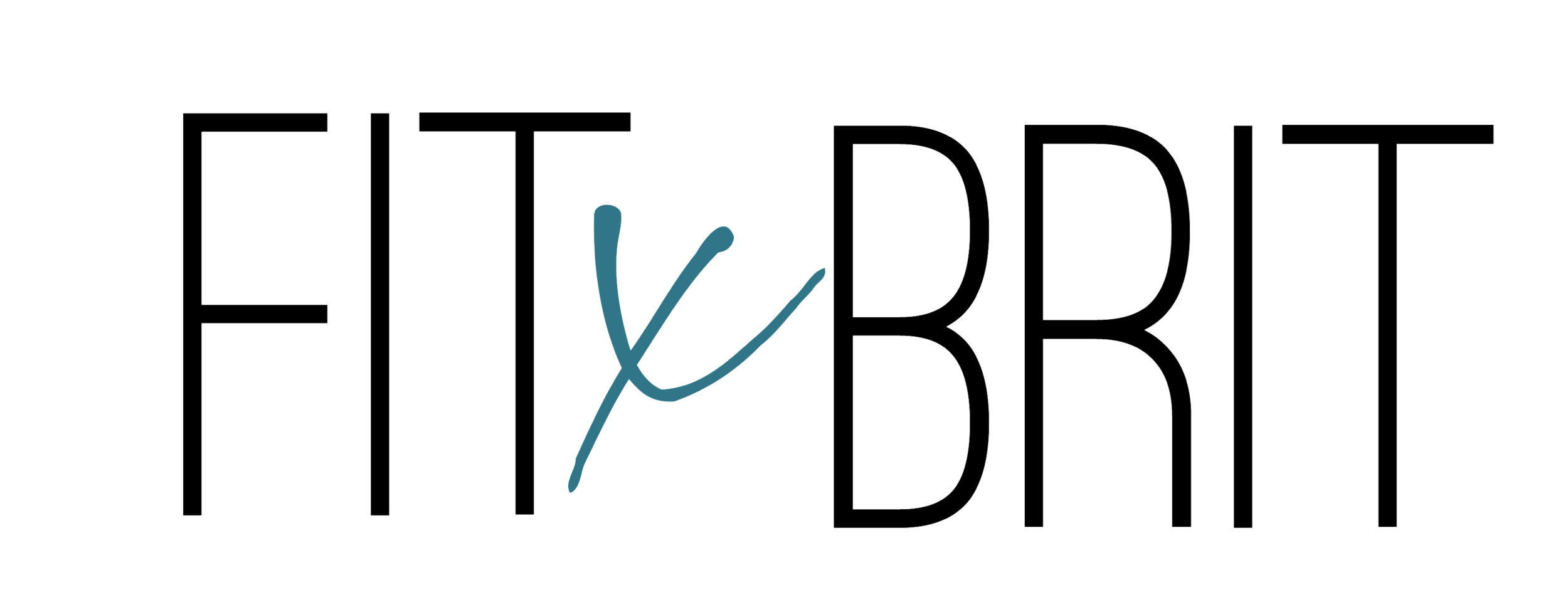Train Your Mind to Focus, Be Calm, Decrease Stress with Free Meditation App
July is Minority Mental Health Month, and it is essential to me that I highlight FREE resources that can help our community to normalize that it is ok to not be. Today we are taking a look at a pretty dope mediation app developed by Healthy Minds Innovations.
Anxiety disorders are the most common mental illness in America, affecting around 40 million adults — almost 1 in 5 people (according to the Anxiety and Depression Association of America). With COVID-19, stress levels are at an all-time high. Individuals, workplaces, schools, and communities want solutions!
The Center for Healthy Minds at the University of Wisconsin-Madison, led by Neuroscientist Dr. Richard Davidson, has spent years researching the neuroscience of well-being and how the mind can be trained to be more focused, calm, and resilient through meditation training.
The Center's non-profit, Healthy Minds Innovations (HMI), has developed a free meditation app with this research as a tool you can use to navigate everyday life. The app uses a unique framework to guide you through the four pillars of scientifically training the mind.
Path to a Healthy Mind; a process through Awareness, Connection, Insight, and Purpose - or ACIP, as we call it. The science shows that well-being is a skill that can be improved and measured - here are the basics:
Awareness: One step is to train your mind to be calmer and focused by practicing mindfulness and strengthening attention. These skills help us be more present in our relationships and less distracted at work. They also help us notice our impulses and emotional reactions before they overwhelm us.
Connection: But mindfulness is just the beginning; we can also learn simple skills to build healthy relationships and foster caring interactions with other people. This starts by learning to be more compassionate to ourselves and then extending kindness and appreciation to others. Eventually, we can even find ways to be more empathetic and caring in challenging and stressful situations.
Insight: One of the most powerful forms of practice is self-inquiry. The skill of self-inquiry helps us see how our thoughts, emotions, and beliefs shape our experience. This gives us deep insight that creates a flexible, resilient sense of self. We can hold our views and beliefs in a healthy way and let go of self-defeating attitudes and expectations.
Purpose: Our personal values and principles are central to well-being, and clarifying them is a skill we can practice in everyday life. This shift in perspective brings depth to our relationships, meaning to our work and pursuits, and gives us the inner resources to learn and grow from life's challenging moments.
The Center for Healthy Minds at the University of Wisconsin-Madison conducts transformational scientific research on healthy qualities of mind and explores how these qualities might be cultivated on an individual and global scale. For decades, Dr. Richard Davidson and the Center have investigated the science of emotions, contemplative practices and qualities of mind that are suspected to affect well-being, including attention, resilience, equanimity, savoring positive emotions, kindness, compassion, gratitude and empathy. Healthy Minds Innovations, Inc. (HMI) is a non-profit affiliated with the Center for Healthy Minds to turn these groundbreaking insights into action, with a mission to translate this science into tools to cultivate and measure well-being. Our latest development is Healthy Minds @Work, a product designed to bring well-being to the workplace. The @Work offering is a fee-based service that includes use of the workplace-focused Healthy Minds Program app, live-trainings and customized back-end data reporting and measurement for management and HR professionals to access.













